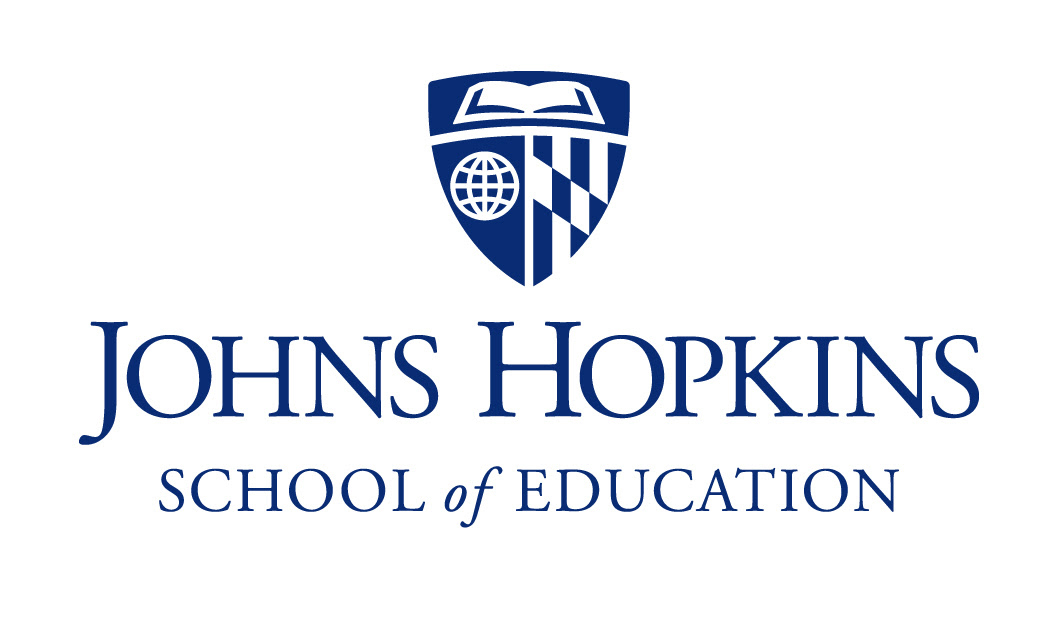FEATURED SPEAKERS
|
 |
Creative, Imaginative Schools
Sir Ken Robinson, PhD, is an internationally recognized authority in creativity and innovation in education and one of the world’s leading speakers. Videos of his famous talks to the prestigious TED Conference are the most viewed in the history of the organization and have been seen by an estimated 300 million people in over 150 countries.
Called “one of the world’s elite thinkers on creativity and innovation” by Fast Company magazine, Sir Ken has received numerous awards and recognitions for his groundbreaking contributions. He was included in Thinkers 50 list of the world’s leading business thinkers and has been named one of TIME/Fortune/CNN’s Principal Voices. In 2003, he received a knighthood from Queen Elizabeth II for services to the arts.
His 2009 book, The Element: How Finding Your Passion Changes Everything, was a New York Times best seller and has been translated into 21 languages. The 10th anniversary edition of his classic work on creativity and innovation, Out of Our Minds: Learning to be Creative, was published in 2011. Finding Your Element: How to Discover Your Talents and Passions and Transform Your Life was published in May 2013 and is also a New York Times best seller. His latest book, Creative Schools: The Grassroots Revolution That’s Transforming Education (Viking, 2015), written with Robinson’s trademark wit and engaging style, includes groundbreaking research and tackles the critical issue of how to transform the nation’s educational system. |
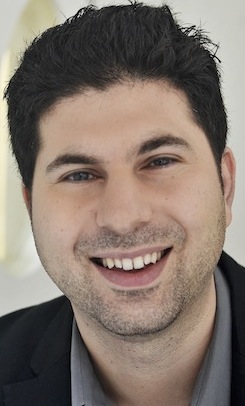 |
Imagination: A Critical Key to Learning
Scott Barry Kaufman, PhD, Cognitive Scientist; Scientific Director, The Imagination Institute; Researcher and Lecturer, Positive Psychology Center, University of Pennsylvania; Creator and Host of the Psychology Podcast; Blogger, “Beautiful Minds” at Scientific American; Author, Ungifted: Intelligence Redefined (2013); Co-Author, Wired to Create: Unraveling the Mysteries of the Creative Mind (2015) and The Philosophy of Creativity (2014); Co-Editor, The Complexity of Greatness: Beyond Talents or Practice (2013)
|
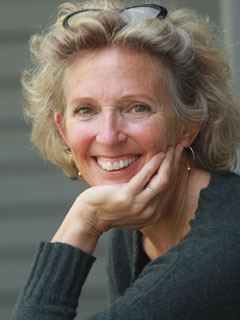 |
What Harry (Potter) Didn’t Know: How Curiosity Develops in Children
Susan L. Engel, PhD, Senior Lecturer in Psychology, Department of Psychology; Founding Director, Program in Teaching, Williams College; Author, The Hungry Mind: The Origins of Curiosity in Childhood (2015), Your Child’s Path: Unlocking the Mysteries of Who Your Child Will Become (2013), “Is Curiosity Vanishing" (2009, Journal of Child Psychiatry) and “Harry's Curiosity” (2007, Psychology of Harry Potter) |
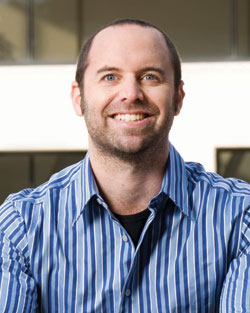 |
The Power of Negative Emotions and Creativity
Todd B. Kashdan, PhD, Professor of Psychology; Senior Scientist, Center for the Advancement of Well-Being, George Mason University; Author, The Power of Negative Emotions (2015) and Curious? Discover the Missing Ingredient to a Fulfilling Life (2010); Co-Author, “How are Curious People Viewed and How Do They Behave in Social Situations?” (2013, Journal of Personality) |
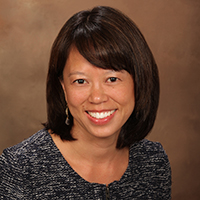 |
Inspiring a Generation to Create: Critical Components of Creativity
Helen Hadani, PhD, Developmental Psychologist; Head of Research, Center for Childhood Creativity; Former Instructor, University of California, Davis and San Francisco State University; Former Product Developer for Hasbro, Apple, Leapfrog |
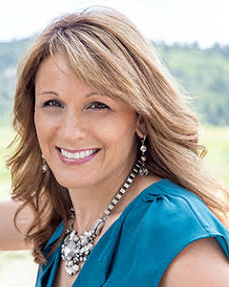 |
A Passion-Driven Education for All: Creating a Love for Learning
Angela Maiers, MA, Educator; Entrepreneur; Founder and CEO, Choose2Matter, Inc.; President, Maiers Educational Services; Author, Classroom Habitudes: Teaching Learning Habits and Attitudes in the 21st Century Classroom (2012, Revised Edition); Co-Author, The Passion Driven Classroom: A Framework for Teaching and Learning (2010) |
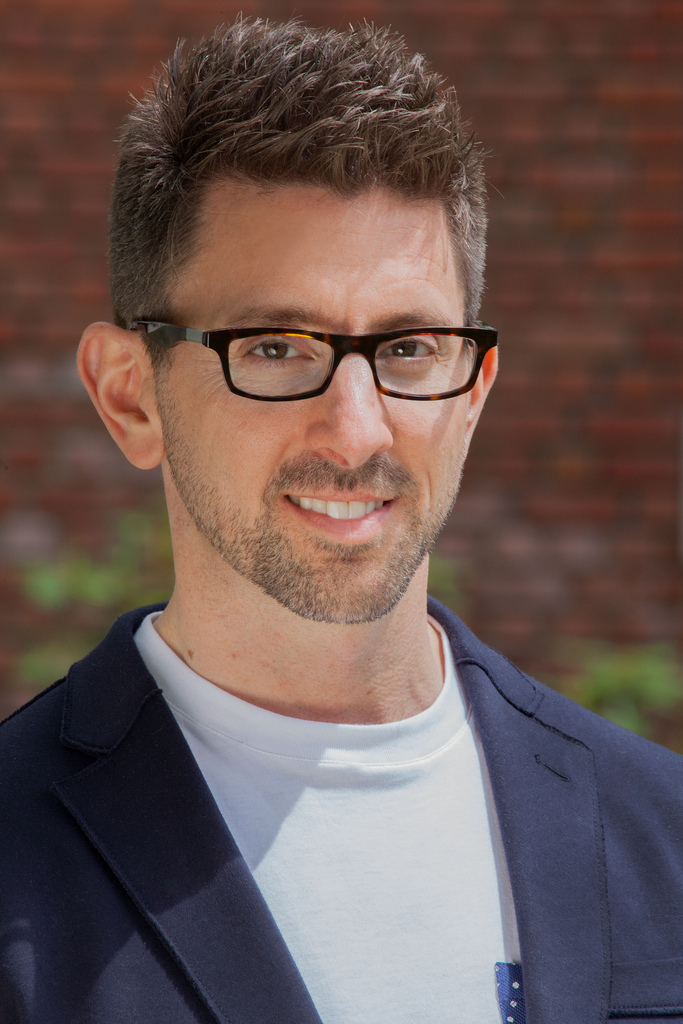 |
Teaching Emotional Intelligence Ouside of the Box
Marc A. Brackett, PhD, Director, Center for Emotional Intelligence; Senior Researcher Scientist in Psychology; Faculty Fellow, Edward Zigler Center in Child Development and Social Policy, Yale University; Co-Creater of RULER; Co-Author, "Emotional Intelligence and Emotional Creativity" (2007, Journal of Personality) |
CONFERENCE PROGRAM TOPICS WITH A DISTINGUISHED FACULTY
|
1.) THE SCIENCE OF IMAGINATION: TRANSFORMING OUR SCHOOLS
|
 |
Creative Schools: Revolutionizing Education from the Groun Up
Sir Ken Robinson, PhD, Internationally recognized authority in creativity and innovation in education and one of the world’s leading speakers, whose videos of his famous talks to the prestigious TED Conference are the most viewed in the history of the organization and have been seen by an estimated 300 million people in over 150 countries; New York Times bestselling author of several books, including Creative Schools: The Grassroots Revolution That’s Transforming Education (2015), Finding Your Element: How to Discover Your Talents and Passions and Transform Your Life (2013) and Out of Our Minds: Learning to Be Creative (2011, 2nd Edition) |
 |
Imagination: A Critical Key to Learning
Scott Barry Kaufman, PhD, Cognitive Scientist; Scientific Director, Imagination Institute, Positive Psychology Center, University of Pennsylvania; Creator, Psychology Podcast; Blogger, “Beautiful Minds” at Psychology Today; Associate Editor, The International Journal of Creativity and Problem Solving; Author, Ungifted: Intelligence Redefined (2013); Co-Author, Wired to Create: Unraveling the Mysteries of the Creative Mind (2015), The Philosophy of Creativity (2014) and Complexity of Greatness: Beyond Talents or Practice (2013) |
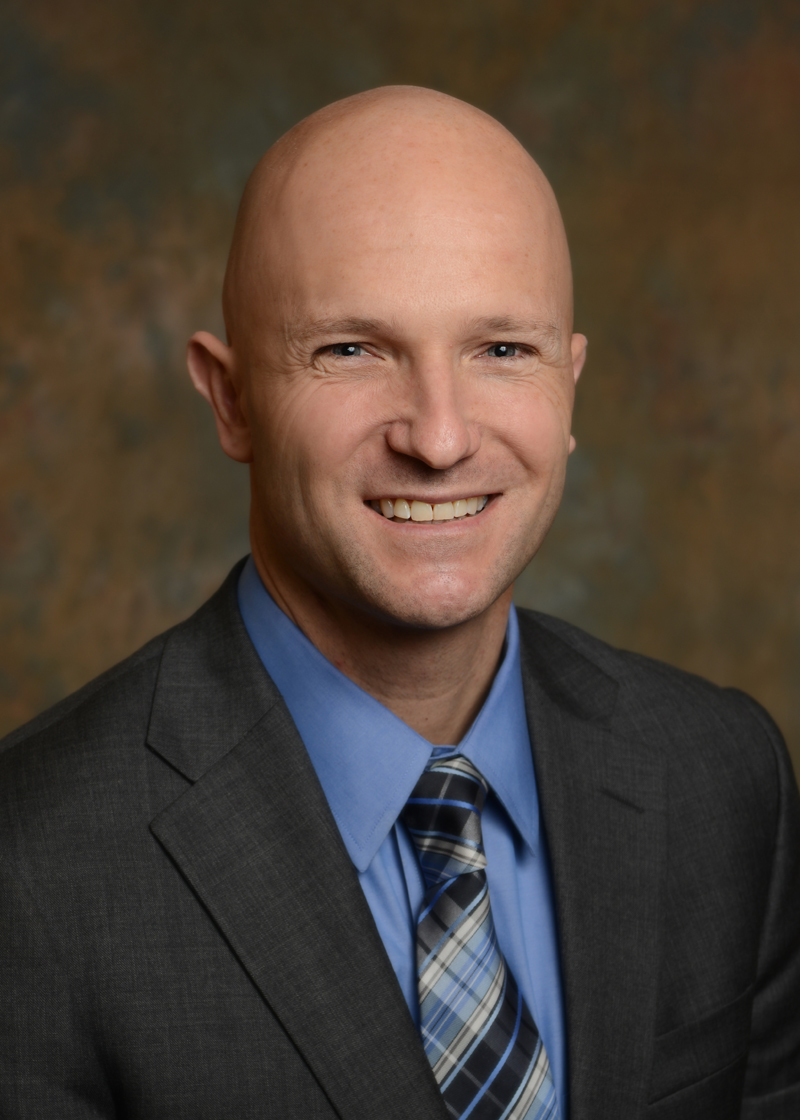 |
Uncommon Learning: Putting Curiosity and Passion Back into Schools
Eric C. Sheninger, MEd, Senior Fellow, International Center for Leadership in Education; Award-winning Principal at New Milford High School; Google Certified Teacher; Author, Uncommon Learning: Creating Schools That Work for Kids (2015) and Digital Leadership (2014) |
 |
The Science of Trust and Imagination
Paul L. Harris, DPhil, Victor S. Thomas Professor of Education, Harvard Graduate School of Education; Author, Trusting What You’re Told: How Children Learn from Others (2015) and The Work of Imagination (2000); Co-Author, “Belief in Magic Predicts Children’s Selective Trust in Informants” (2014, Cognition and Development); Co-Editor, Imagining the Impossible (2000) |
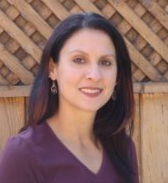 |
The Power of Imagination and Harry Potter: Engaging Students in the Classroom
Catherine L. Belcher, PhD, Head of Secondary School, Larchmont Charter School; Member, Board of Directors, Ignite Dance Workshop; Co-Author, Teaching Harry Potter: The Power of Imagination in Multicultural Classrooms (2013) |
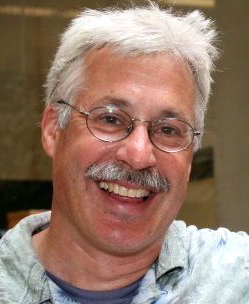 |
The Development of Children’s Magical Beliefs
Karl S. Rosengren, PhD, Professor, Department of Psychology, University of Wisconsin-Madison; Author, “Magical Thinking” (2013, The Oxford Handbook of the Development of Imagination) and “Discovering Magic” (2007, Psychology of Harry Potter) |
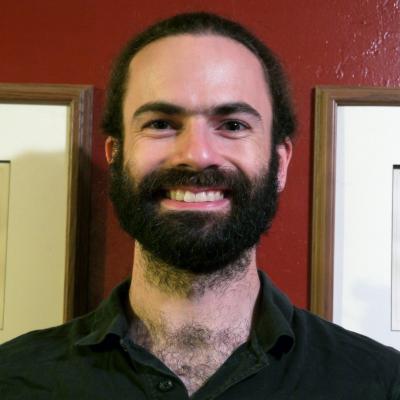 |
Art and Imagination Make the Human Brain Human
Alexander A. Schlegel, PhD, Sage Junior Fellow, Brain and Psychological Sciences, University of California, Santa Barbara; Co-Author, “The Artist Emerges” (2014, Neuroimage) and “Network Structure and Dynamics of the Mental Workspace” (2013, PNAS) |
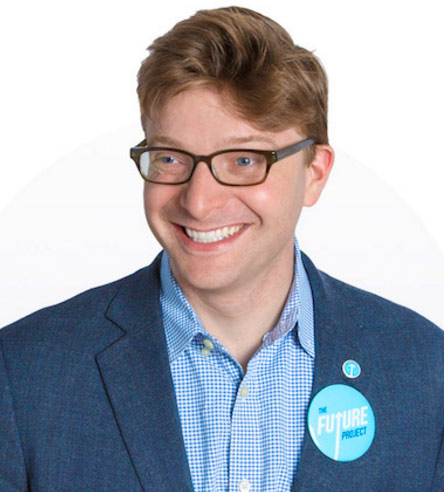 |
Creating Students Who Will Change the World
Andrew Mangino, DPhil, Co-Founder/CEO, The Future Project , a fast-growing national education initiative to reimagine and transform education and unleash a generation of dreamers—young people who are using their passions to change the world; Named one of Forbes “30 Under 30” Social Entrepreneurs and a "Draper Richards Kaplan" Fellow; Former speech-writer for Attorney General Holder and Vice President Biden |
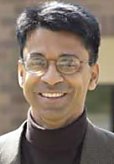 |
Designing Smart, Agile Schools for Creative Minds
Prakash Nair, REFP, President/Founding Partner, Fielding Nair International, an award-winning school planning firm; Author, Blueprint for Tomorrow: Redesigning Schools for Student-Centered Learning (2014) and "The Classroom is Obsolete: It's Time for Something New" (2011, Education Week); Co-Author, The Language of School Design: Design Patterns for 21st Century Schools (2013, Revised 3rd Edition) |
 |
Creating a Brain-Friendly, Creative, Blended and Productive Learning Space
Erin Klein, MEd, Interior Designer; 2nd Grade Teacher who redesigned her classroom to improve learning; Recognized as the MACUL Pre-K - 12 Michigan Teacher of the Year (2014), Scholastic Top Teacher, 2015 PBS Digital Innovator, ASCD Emerging Leader and NAIS Teacher of the Future; National Writing Project Member; Award Winning Blogger, Kleinspiration and Scholastic; Co-Founder, ClassroomCribs.com, a website designed to promote pedagogy and the learning experience with brain-based classroom designs |
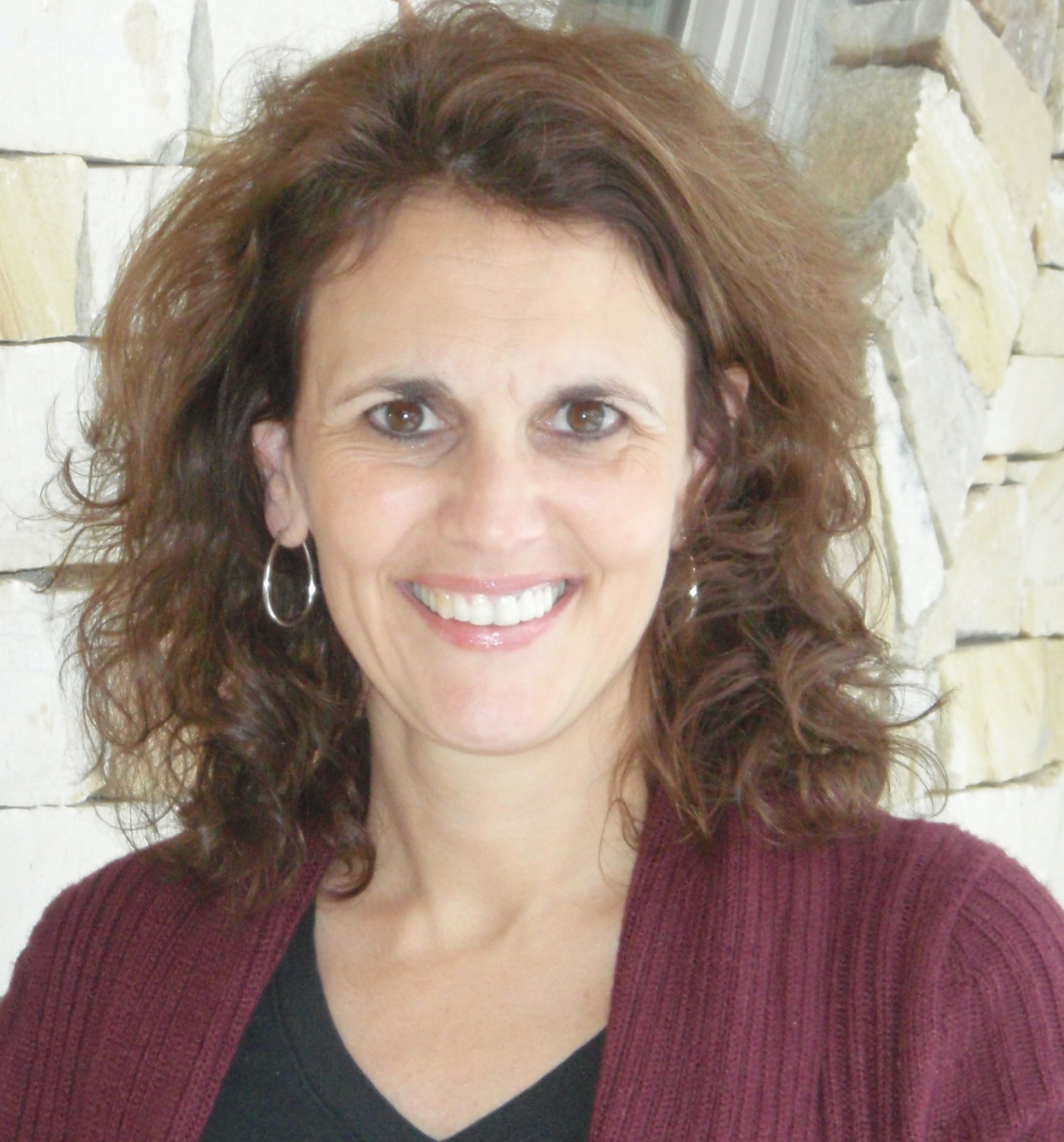 |
Crellin School's Corps of Discovery: Breaking Down School Walls to Foster Curiosity
Dana M. McCauley, EdD, Principal, Crellin Elementary School, a K-5 school that has won recognition as a National Title I Distinguished School and the Ernest L. Boyer Best Practices in Character Education Award; Creator of the Crellin Community Corps of Discovery, a program designed to engage students in meaningful learning opportunities in the community and in creating an outdoor classroom. The program was featured in the PBS 2014 film "Schools That Change Community"
|
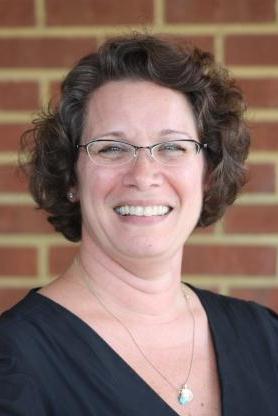 |
Creating the Child-Centered School: Technology Spaces and Pedagogy
Lisa Molinaro, MEd, Principal, Woodbrook Elementary School, which has created flexible learning spaces and has shifted to student-centered classrooms; Jamee Freitag, MEd, 2nd Grade Teacher, Woodbrook Elementary School; Courtney Kluender, BS, 2nd Grade Teacher, Woodbrook Elementary School; and Leslie Wills-Taylor, MEd, 4th Grade Teacher, Woodbrook Elementary School
|
2.) THE SCIENCE OF CREATIVITY: CULTIVATING CREATIVE, ARTISTIC MINDS
|
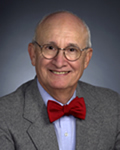 |
The Creative Brain
Kenneth M. Heilman, MD, James E. Rooks Jr. Distinguished Professor of Neurology, College of Medicine, University of Florida; Author, “Visual Artistic Creativity and the Brain” (2013, Progress in Brain Research) and Creativity and the Brain (2005) |
 |
The Power of Negative Emotions and Creativity
Todd B. Kashdan, PhD, Senior Scientist, Center for the Advancement of Well-Being, George Mason University; Author, The Power of Negative Emotions (2015) and Curious? (2010); Co-Author, “Facilitating Creativity by Regulating Curiosity” (2002, American Psychologist) |
 |
Inspiring a Generation to Create: Critical Components of Creativity
Helen S. Hadani, PhD, Developmental Psychologist; Head of Research, Center for Childhood Creativity; Former Instructor, University of California, Davis and San Francisco State University; Former Product Developer for Hasbro, Apple and Leapfrog |
 |
The New Science of Creativity and Imagination
Mark A. Runco, PhD, Cognitive Psychologist; E. Paul Torrance Professor of Creativity Studies, University of Georgia; Distinguished Research Fellow, American Institute for Behavioral Research and Technology; Founder, Creativity Testing Services; Author, The New Science of Creativity (Forthcoming) |
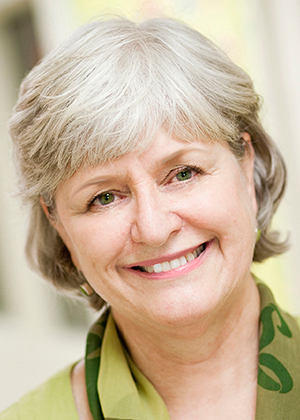 |
Cultivating and Fostering Creativity in the Classroom
Bonnie L. Cramond, PhD, Professor, Department of Educational Psychology, University of Georgia; Director, Torrance Center for Creativity and Talent Development; Member, Board of Directors, National Association for Gifted Children; Author, “Discovering Creative Thinking Process Skills: A Win-Win for Children” (2015, Parenting for High Potential) |
 |
The Aesthetic Brain: Experiencing Beauty and Art
Anjan Chatterjee, MD, FAAN, Director, ChatLab, Center for Cognitive Neuroscience; Eliot Professor and Chief of Neurology, Department of Neurology, Perelman School of Medicine, University of Pennsylvania; Author, The Aesthetic Brain: How We Evolved to Desire Beauty and Enjoy Art (2015) and “Where There Be Dragons: Finding the Edges of Neuroaesthetics” (2011, Aesthetics) |
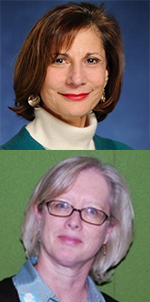 |
The Learning Sciences: The Arts and Creativity
Mariale M. Hardiman, EdD, Co-Founder/Director, Neuro-Education Initiative (NEI); Professor of Clinical Education, School of Education, Johns Hopkins University; Author, The Brain-Targeted Teaching Model for 21st Century Schools (2012); Co-Author, “The Effects of Arts Integration on Long-term Retention of Content” (2014, Mind, Brain and Education); and Clare O'Malley Grizzard, MAED, MFA, Arts Integration Specialist, Roland Park Elementary and Middle School; Independent Consultant, National Gallery of Art |
 |
Using Technology to Engage Creativity, Motivation and Higher-Order Thinking
Suzy Cox, PhD, Associate Professor, School of Education, Utah Valley University; Researcher on how to use technology for higher-order thinking, creativity and developmental neuropsychology; Co-Author, "Building an online instructional design community" (2003, Educational Technology) |
 |
Promoting the 3Cs: Creatvity, Curiosity and Cooperation in Your Diverse Classroom
Kathy Perez, EdD, Professor of Education; Director of Outreach and Professional Development, Saint Mary’s College of California; Author, New Inclusion: Differentiated Strategies to Engage ALL Students (2013) and More Than 100+ Brain-Friendly Tools and Strategies for Literacy Instruction (2008) |
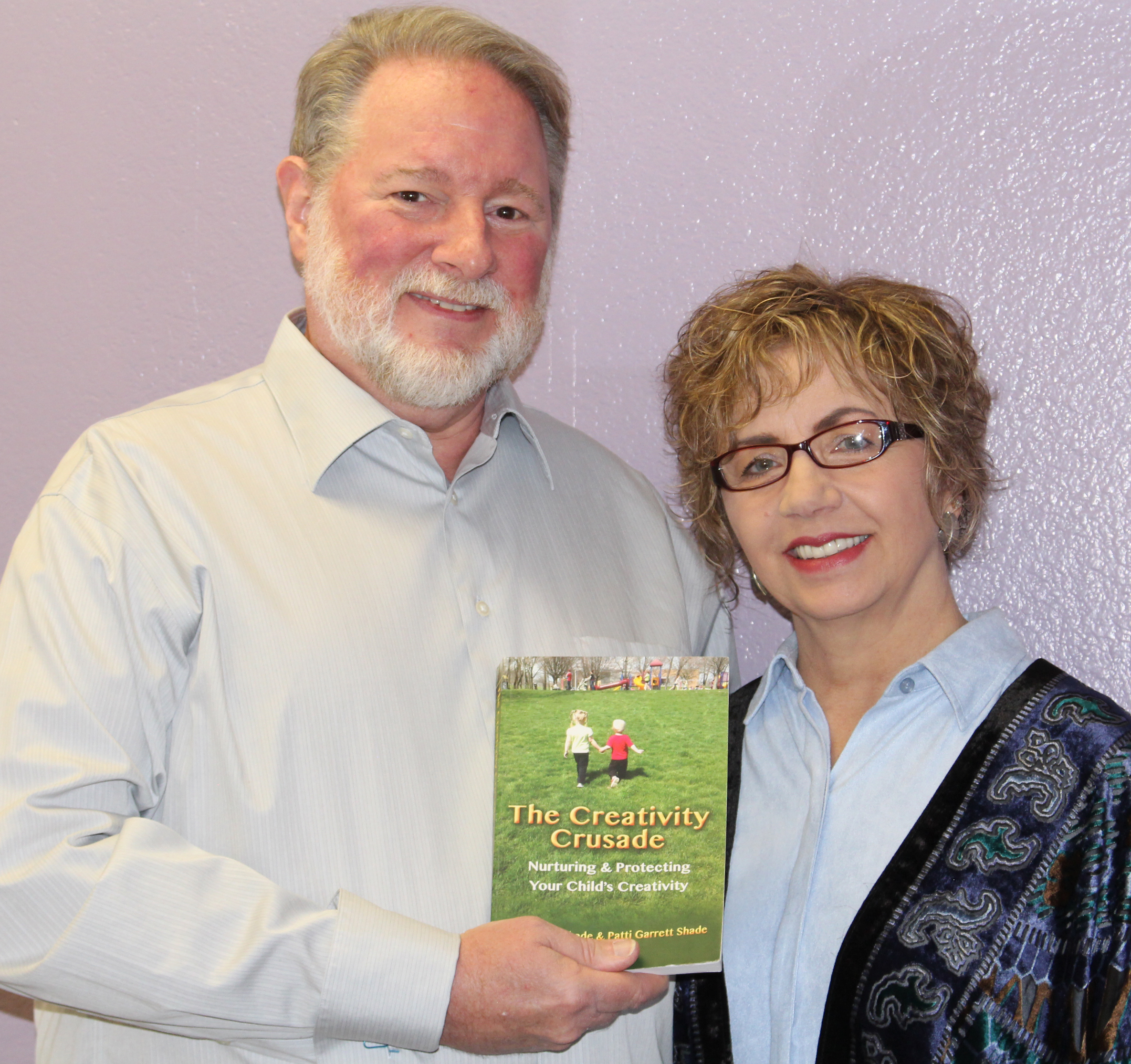 |
The Creativity Crusade: What It Looks Like in Classrooms and "Homerooms"
Rick Shade, EdD, Creativity Specialist, Curiosita Teaching; and Patti G. Shade, MA, Teaching Consultant, Curiosita Teaching; Co-Authors, The Creativity Crusade: Nurturing and Protecting Your Childs Creativity (2015) |
 |
Using Goldsworthy-Inspired Art Sculptures for Outdoor Learning, Reflection and Creativity
Connie Weber, MEd, Teacher, Emerson School; Learning Group Leader, Future of Learning, Harvard Graduate School of Education; Teacher who focuses on innovative curricular design in which students play a large part in determining their own learning; Designer, “Fireside Learning,” an online professional development community; Member of The Future of Learning and Classroom 2.0 online educational communities; Recipient of the American Teacher Award; Collaborator in The Creative Classroom Series by Disney Learning Partnership and Harvard’s Project Zero. |
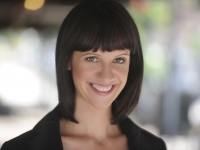 |
Weaving Creativity Skills into Content and Curricula
Cyndi Burnett, PhD, Assistant Professor, International Center for Studies in Creativity, Buffalo State University; who work includes such projects as: working with educators to bring creative thinking into the classroom, connecting communities of creative thinkers via social media, and designing and running a Massive Open Online Course (MOOC) on "Everyday Creativity"; Consulting Editor, Journal of Creative Behavior; Co-Author, Weaving Creativity into Every Strand of Your Curriculum (2015) and My Sandwich is a Spaceship: Creative Thinking for Parents and Young Children (2015) |
3.) PROMOTING LEARNING THROUGH PLAY, FANTASY, DANCE & MOVEMENT
|
 |
What Harry Didn’t Know: How Curiosity Develops in Children
Susan L. Engel, PhD, Senior Lecturer in Psychology, Department of Psychology; Founding Director, Program in Teaching, Williams College; Author, The Hungry Mind: The Origins of Curiosity in Childhood (2015), Your Child’s Path: Unlocking the Mysteries of Who Your Child Will Become (2013), “Is Curiosity Vanishing?” (2009, Journal of Child Psychiatry) and “Harry’s Curiosity” (2007, Psychology of Harry Potter) |
 |
Playful Minds: The Cognitive-Emotional Connections of Creativity, Fantasy and Pretend Play
Sandra W. Russ, PhD, Distinguished University Professor of Psychology, Case Western Reserve University; Author, Pretend Play in Childhood (2014); Co-Author, “Pretend Play, Creativity and Emotion Regulation in Children” (2012, Psychology of Aesthetics, Creativity and the Arts) |
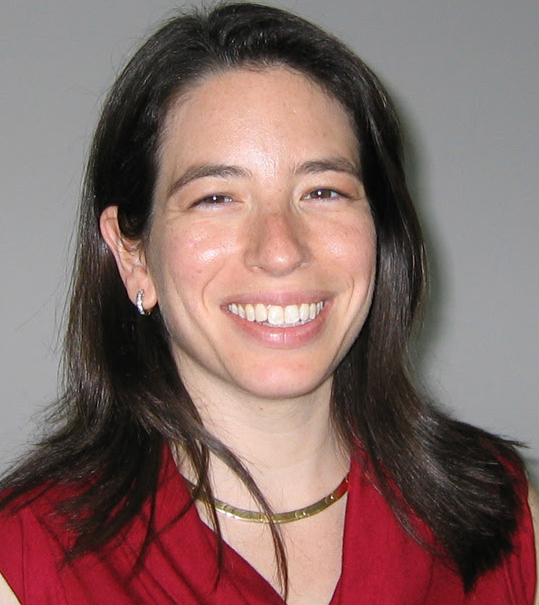 |
The Science of Learning Through Play
Deena S. Weisberg, PhD, Senior Fellow, Department of Psychology; Director, Cognition and Development Lab, Institute for Research in Cognitive Science, University of Pennsylvania; Co-Author, “Shovel and Swords: How Realistic and Fantastical Themes Affect Word Learning” (2015, Cognitive Development) and “Making Play Work for Education” (2015, Phi Delta Kappa) |
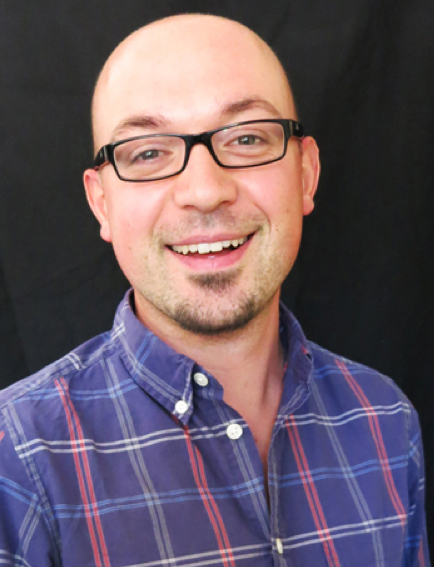 |
Brain States of Curiosity: Why Being Curious Energizes the Brain for Learning
Matthias J. Gruber, PhD, Researcher, Dynamic Memory Lab, Center for Neuroscience, University of California, Davis; Co-Author, “States of Curiosity Modulate Hippocampus-Dependent Learning via the Dopaminergic Circuit” (2014, Neuron) |
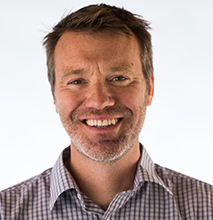 |
Living in the Land of Wonder: The Radical Power of Curiosity and How to Embrace It
Erik Shonstrom, MFA, Assistant Professor, Champlain College; Author, Wild Curiosity: How to Unleash Creativity and Encourage Lifelong Wondering (2015) and “How Can Teachers Foster Curiosity?” (2014, Education Week)
|
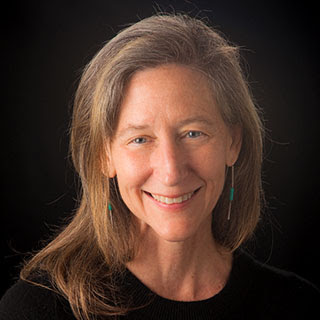 |
Curiosityville and Curious World: Igniting a Love of Discovery to Build Essential Skills for the Future
Susan H. Magsamen, MAS, Director of Interdisciplinary Partnerships, Brain Science Institute, Johns Hopkins University School of Medicine; Co-Founder, Neuro-Education Initiative, Johns Hopkins University School of Education; Senior Vice President of Early Learning, Houghton Mifflin Harcourt; Co-Founder/President of Advisory Board, Ultimate Block Party; Author, The Classic Treasury of Childhood Wonders (2010); Founder/CEO of Curiosityville, a personalized digital learning world for children ages 3-8 and their families |
 |
A Passion-Driven Education for All: Creating a Love for Learning
Angela Maiers, MA, Educator; Entrepreneur; Founder and CEO, Choose2Matter, Inc.; President, Maiers Educational Services; Author, Classroom Habitudes: Teaching Learning Habits and Attitudes in the 21st Century Classroom (2012, Revised Edition); Co-Author, The Passion Driven Classroom: A Framework for Teaching and Learning (2010) |
 |
Dancing in the Learning Classroom: Why and How to Use the Brain as a Choreographer
Judith L. Hanna, PhD, Educator; Affiliate Research Professor, Department of Anthropology, University of Maryland; Expert on the brain, exercise and dancing; Author, Dancing to Learn: The Brain’s Cognition, Emotion & Movement (2015), Dancing for Health (2006) and Partnering Dance and Education (1998) |
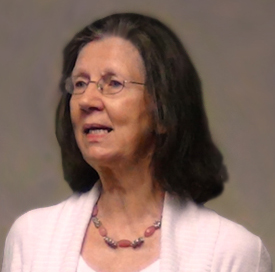 |
Learning Through Movement
Nancy Rowe, MS, FAAA, CCC/A, Creator/Developer, NeuroNet Learning; Developer of "The Classroom Enrichment" programs; Member of the American Speech and Hearing Association, the American Academy of Audiology, the American Auditory Society and the American Academy for the Advancement of Science |
4.) ENHANCING MOTIVATION AND SELF-CONTROL WITH IMAGINATION
|
 |
Self-Regulation for Gifted Learners: Beyond Ability
Richard M. Cash, EdD, International Speaker and Educator; Co-Director, Lakeshore Players Children’s Theater Company; Former Director of Gifted Programs; Author, Advancing Differentiation: Thinking and Learning for the 21st Century (2010); Co-Author, Differentiation for Gifted Learners: Going Beyond the Basics (2013) |
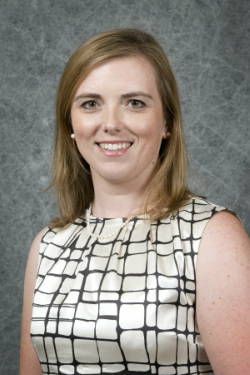 |
How Imaginative Play Is Related to Cognitive Development and Emotion Regulation
Ansley T. Gilpin, PhD, Assistant Professor, College of Arts and Sciences, University of Alabama; Co-Author, “The Relationship Between Fantasy Orientation and Emotion Regulation” (2015, Journal of Early Education and Development), “Fantasy Orientation Constructs and Related Executive Function Development in Preschool” (2014, International Journal of Behavioral Development) and “Return of the Candy Witch: Individual Differences in Acceptance and Stability of Belief in a Novel Fantastical Being” (2009, British Journal of Developmental Psychology) |
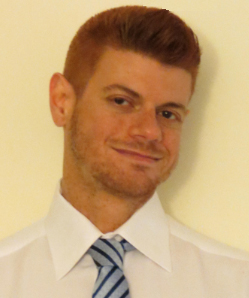 |
Epistemic Curiosity
Jordan A. Litman, PhD, Visiting Research Scientist, Institute of Human and Machine Cognition; Associate Professor of Psychology, University of Maine at Machias; Co-Author, “Epistemic Curiosity and Self-Regulation” (2015, Personality and Individual Diff erences); Author, “Curiosity and the Pleasures of Learning” (2005, Cognition and Emotion) |
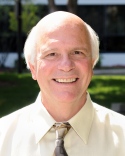 |
Developing a Better Brain Through the Integration of Motivation, Creativity and Executive Functions
George McCloskey, PhD, Professor and Director, School Psychology Research, Department of Psychology, Philadelphia College of Osteopathic Medicine; Lead Author, Assessment and Intervention for Executive Function Difficulties (2009); Co-Author, Essentials of Executive Functions Assessment (2012) |
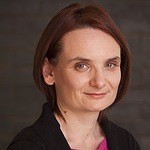 |
Connecting Emotions and Self-Regulation to Creativity
Zorana Ivcevic, PhD, Associate Research Scientist, Yale Center for Emotional Intelligence, Yale University; Associate Editor, International Journal of Creativity and Problem Solving; Editorial Board Member, Psychology of Aesthetics, Creativity, and the Arts; Principal Investigator on the project "Creativity and the Arts"; Author, "Artistic and everyday creativity: An act-frequency approach" (2007, Journal of Creative Behavior); Co-Author, "Predicting creativity: Interactive effects of openness to experience and emotion regulation ability" (2015, Psychology of Aesthetics, Creativity, and the Art) and "Emotional Intelligence and Emotional Creativity" (2007, Journal of Personality) |
 |
How Acting and Playwriting Affect Creativity, Social Regulation and Performance
Ivonne Chand O'Neal, PhD, Researcher, Consortium of Human Flourishing, University of Pennsylvania, whose research focuses on the impact of the arts and humanities (including story-telling in opera) on human flourishing, especially its influence on student performance, social emotional regulation, learning, and its ability to increase focus in PreK-12 environments.; Author, “An Impact Evaluation of Arts-Integration Through the Changing Education Through the Arts (CETA) Program” (2014, JFK Center’s Research Study) |
5.) ENGAGING STEM SKILLS THROUGH MAKING, DESIGNING AND MAGIC
|
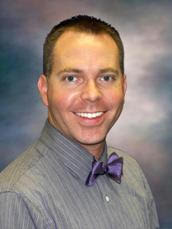 |
Engaging the Brain: STEM Education that Works
John T. Almarode, PhD, Department Head and Assistant Professor, Educational Foundations and Exceptionalities, College of Education, James Madison University; Co-Author, Engaged Instruction: Thriving Classrooms in the Age of the Common Core (2014), Captivate, Activate, and Invigorate the Student Brain in Science and Math (2013) and Dylan Discovers His Brain (2010) |
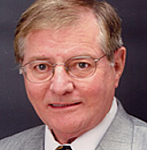 |
Igniting Student Excitement in Science Through the Magic of Harry Potter
Alan J. McCormack, PhD, Emeritus Professor of Science Education, San Diego State University, who incorporates Harry Potter and magic into science education; Past President, National Science Teachers Association |
 |
Teaching Mathematics Through the Magic of Harry Potter
Betsy J. McShea, PhD, Associate Professor of Developmental Mathematics; and Judith Vogel, PhD, Associate Professor of Mathematics, Stockton College of New Jersey; Co-Authors, “Harry Potter and the Magic of Mathematics” (2005, Mathematics Teaching in the Classroom) |
 |
Teachers as Designers: The Limitless Creativity of Teachers
Michael Schurr, MA, Co-Teacher and Leader of the Assistant Teacher Mentor Program, Riverdale Country School; Teacher’s Coach for the Teacher’s Guild; Creator, Designing Thinking for Educators Toolkit; and Charles Shryock IV, MA, Director of Faculty Development, Bishop McNamara High School; Teacher’s Coach for the Teacher’s Guild |
 |
Flexible Tools + Inspiring Spaces for Developing a Maker Mindset
Betty Ray, BA, Director of Programming and Innovation, Edutopia, The George Lucas Educational Foundation, who teaches courses in creativity, design thinking and in the makerspace movement |
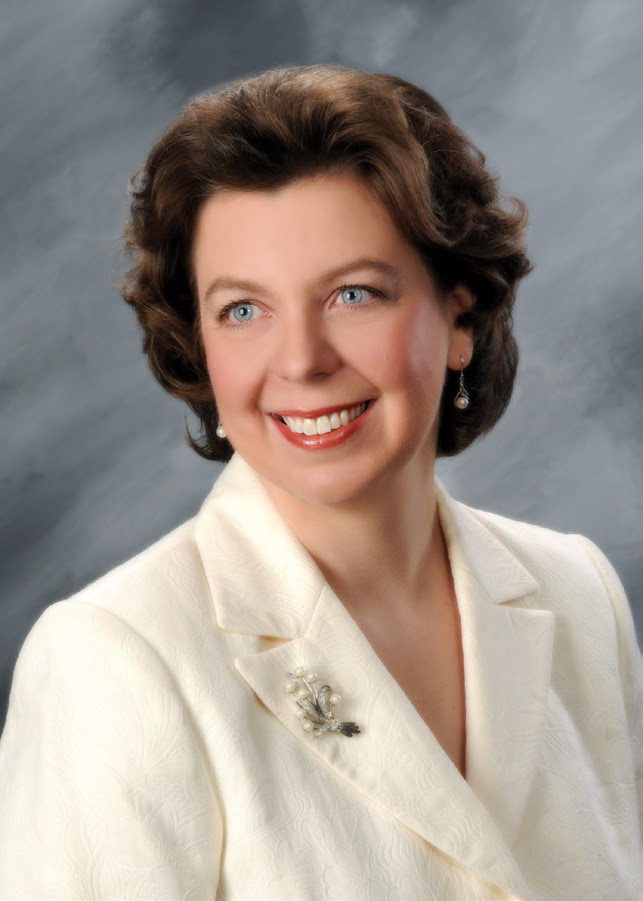 |
Creativity, Gifted and STEM
Bronwyn MacFarlane, PhD, Associate Professor of Gifted Education, Department of Educational Leadership and Teacher Education, University of Arkansas at Little Rock; Chair-Elect of the STEM Network; Co-Author, STEM Education for High-Ability Learners: Designing and Implementing Programming (2016) and "Enhancing Creativity in Curriculum" (2009, International Handbook on Giftedness) |
6.) IMPROVING READING SKILLS THROUGH FANTASY, FICTION AND HEROES
|
 |
Using Fiction to Teach Facts
Robin S. Rosenberg, PhD, ABPP, Clinical Psychologist; Assistant Clinical Professor, University of California, San Francisco; Blogger, Psychology Today; Fellow of the American Academy of Clinical Psychology; Editor, The Psychology of Superheroes (2008); Author, “What Do Students Learn at Hogwarts Classes?” (2007, The Psychology of Harry Potter) |
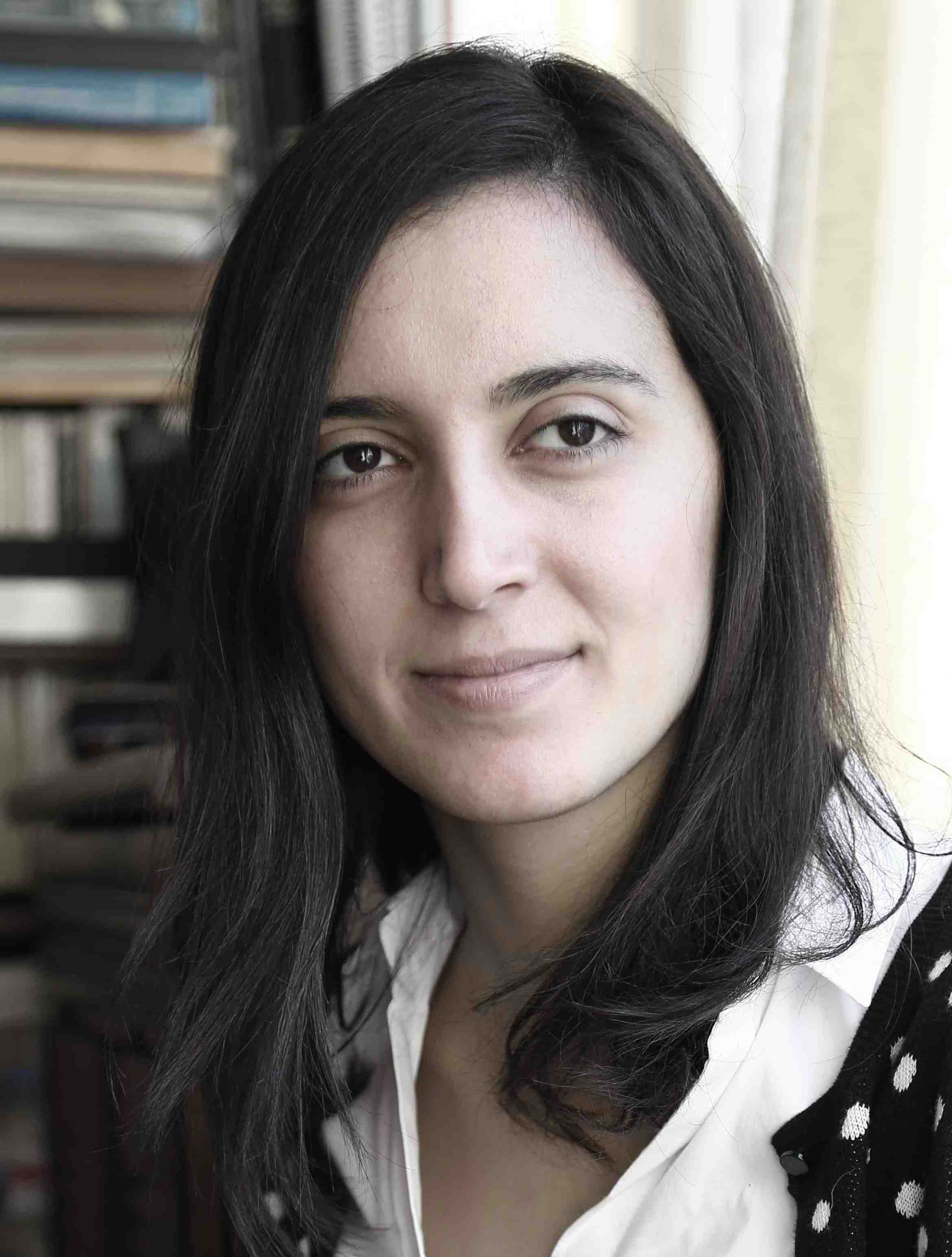 |
Harry Potter and the Activity in the Brain
Leila Wehbe, PhD, Postdoctoral Researcher, Helen Wills Neuroscience Institute, University of California, Berkeley; Reading Researcher who scanned people reading the book, Harry Potter and the Sorcerer’s Stone, to identify what different brain regions do when you read about action and characters; Co-Author, “Simultaneously Uncovering the Patterns of Brain Regions Involved in Different Story Reading Sub-processes” (2014, PLOS ONE) |
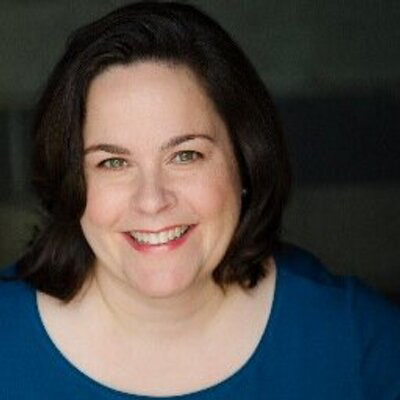 |
Developing Vocabulary and Language with Kinesthetic Learning Activities
Katherine McKnight, PhD, MEd, Educator and Consultant; Author, Common Core Literacy for ELA, History/Social Studies and the Humanities (2014); Co-Author, The Second City Guide to Improv in the Classroom: Using Improvisation to Teach Skills and Boost Learning (2008) |
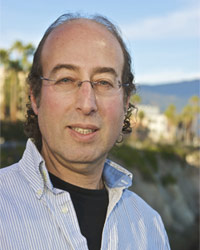 |
What the World of Literary Fiction Teaches Us About the Brain
Kenneth S. Kosik, MD, Co-Director, Neuroscience Research Institute; Harriman Chair and Professor of Neuroscience Research, Department of Molecular, Cellular and Developmental Biology, University of California, Santa Barbara; Author, Outsmarting Alzheimer’s: What You Can Do to Reduce Your Risk (2015) |
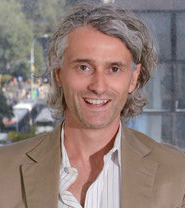 |
Reading Fiction, Reading Minds
Emanuele Castano, PhD, Professor and Chair, Department of Psychology, New School for Social Research, whose work on the impact of reading literary fiction on mentalization, published in Science in 2013, received worldwide media attention and ignited a debate on the role of humanities in our society; Co-Author, “Reading Literary Fiction Improves Theory of Mind” (2013, Science) |
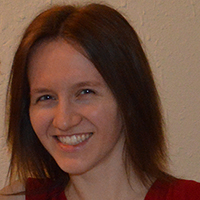 |
Harry Potter and Personality
Laura Crysel, PhD, Assistant Professor of Psychology, Stetson University; Co-Author, "Harry Potter and the measures of personality: Extraverted Gryffindors, agreeable Hufflepuffs, clever Ravenclaws, and manipulative Slytherins" (2015, Personality and Individual Differences) |
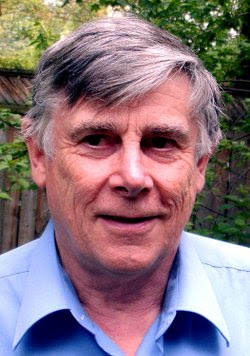 |
The Psychology of Fiction
Keith Oatley, PhD, Novelist; Professor Emeritus, Department of Applied Psychology & Human Development, University of Toronto; Fellow of the Royal Society of Canada; Blogger, OnFiction.ca; Author, The Passionate Muse: Exploring Emotion in Stories (2012) and Such Stuff of Dreams: The Psychology of Fiction (2011); Co-Author, Understanding Emotions (2013) |



























































